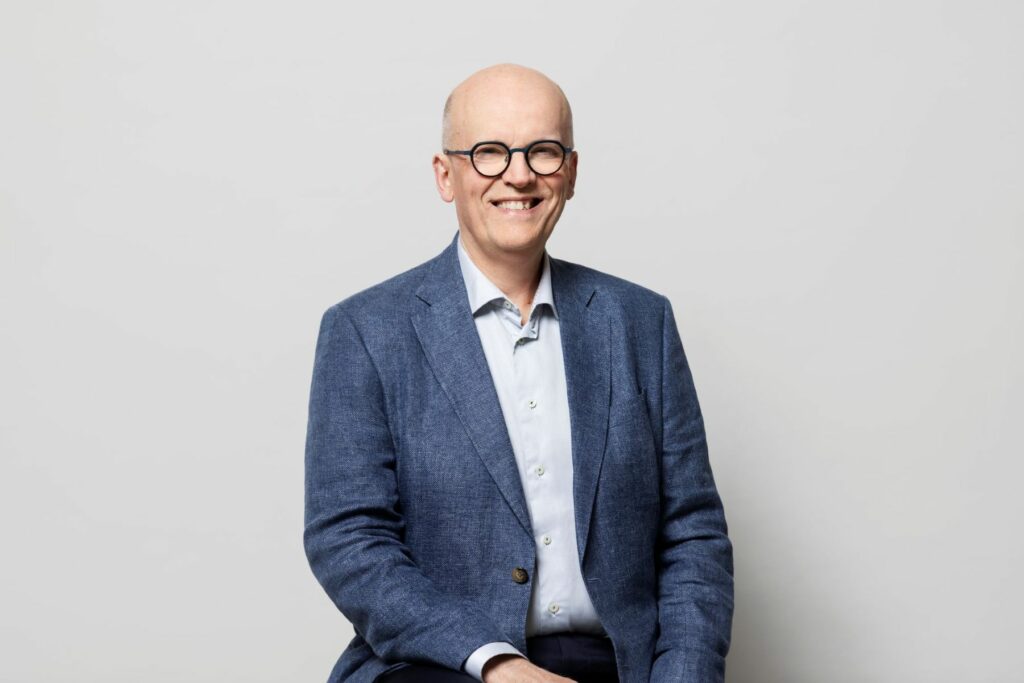
PRESS RELEASE — Sydney, Australia, 23 June, 2022 — Australian quantum computing manufacturer, Silicon Quantum Computing (SQC), has today announced the world’s first integrated circuit manufactured at the atomic scale.
Delivery of this atomic-scale integrated circuit, which operates as an analogue quantum processor, has come less than a decade after the team’s 2012 declaration that it had fabricated the world’s first single atom transistor and has been achieved two years ahead of schedule.
The team at SQC has used this quantum processor to accurately model the quantum states of a small, organic polyacetylene molecule — definitively proving the validity of the company’s technology for modelling quantum systems.

“This is a major breakthrough,” says SQC founder, Michelle Simmons AO. “Today’s classical computers struggle to simulate even relatively small molecules due to the large number of possible interactions between atoms. Development of SQC’s atomic-scale circuit technology will allow the company and its customers to construct quantum models for a range of new materials, whether they be pharmaceuticals, materials for batteries, or catalysts. It won’t be long before we can start to realise new materials that have never existed before.”
The result is also a huge validation of SQC’s atomic manufacturing capabilities. To build the processor, SQC had to integrate multiple atomic components within a single device, which it did from its world-class facility in Sydney, Australia.
“The exquisite precision of the device validates SQC’s technical strategy to focus on quality as opposed to quantity. We have created a superbly precise manufacturing technology that is opening the door to a whole new world. It is a huge step towards building a commercial quantum computer,” said Simmons.
Silicon Quantum Computing Chair, Stephen Menzies, agrees — and points to the company’s long history of delivering on technical milestones.
“With critical and emerging technologies such as quantum hardware, stakeholders gain huge confidence from the technical team’s ability to meet stated milestones. To reach such a landmark two years ahead of schedule is a triumph.
“SQC’s engineers are now scaling the technology to address more industrially relevant molecules and as a business we look forward to developing targeted industry partnerships to address their simulation needs,” Menzies said.
The breakthrough quantum processor meets the stringent requirements for scaling quantum computing hardware. It represents a major technical milestone on the road to achieving the company’s goal of delivering an error corrected processor.
The Hon Ed Husic MP, Minister for Industry and Science, commented on today’s watershed announcement: “SQC’s breakthrough in quantum computing is big news and a terrific reflection on the quality of local know-how. It’s providing a clear pathway for new and emerging technologies to support our world-class industries.”
Further information regarding SQC’s Atomic Integrated Circuit:
The milestone of the atomic-scale integrated circuit is a culmination of 20 years of research led by Simmons. It delivers on a challenge first postulated by pioneering theoretical physicist Professor Richard Feynman in his famous 1959 lecture Plenty of Room at the Bottom.
In this lecture, Feynman asserted that if you want to understand how nature works, then you have to be able to control matter at the same length scales from which matter is constructed — i.e. you must be able to control matter down at the length scale of atoms. Sixty-three years after Feynman first put forward this foundational theory, Simmons and her team have proven out this conjecture and built an integrated circuit using atomic components in silicon.
To achieve the first quantum integrated circuit SQC required realisation of three separate technological feats of atomic engineering.
- The first was to create such small dots of atoms of uniform size so that their energy levels aligned and electrons could easily pass through them.
- The second was the ability to tune the energy levels of each dot individually, but also of all dots collectively, to control the passage of quantum information.
- The third was the teams’ ability to control the distances between the dots with sub-nanometre precision so that the dots were close enough but remained independent for the quantum coherent transport of electrons across the chain.
SQC is now scaling its quantum hardware to take on heavy duty computational tasks that cannot be performed by traditional computers.
Further information regarding Silicon Quantum Computing Pty Ltd:
Silicon Quantum Computing Pty Limited (SQC) is an Australian private company at the forefront of global efforts to build a commercial-scale quantum computer and bring quantum computing to market.
SQC was formed in May 2017 by the Commonwealth of Australia, UNSW Sydney, Telstra Corporation, the Commonwealth Bank of Australia and the State of New South Wales. It was funded with A$83 million to acquire a portfolio of world-leading silicon quantum computing intellectual property (IP) developed over the previous twenty years at the Centre of Excellence for Quantum Computation and Communications Technology (CQC2T) and to commence a technical development program to build a silicon quantum computer.
Since May 2017, SQC has assembled a world-class team of quantum scientists, engineers and technicians, specialist equipment and globally unique laboratories at UNSW to further its program. In addition to its core processor technology, SQC is developing a ‘full stack’ quantum computer to ensure it can deliver a useful and manufacturable quantum device.
Media contacts:
Espresso Communications on behalf of Silicon Quantum Computing
Natasha David: +61 401 389 638
Catherine Arnott: +61 432 405 155
SOURCE: Silicon Quantum Computing
For more market insights, check out our latest quantum computing news here.
















